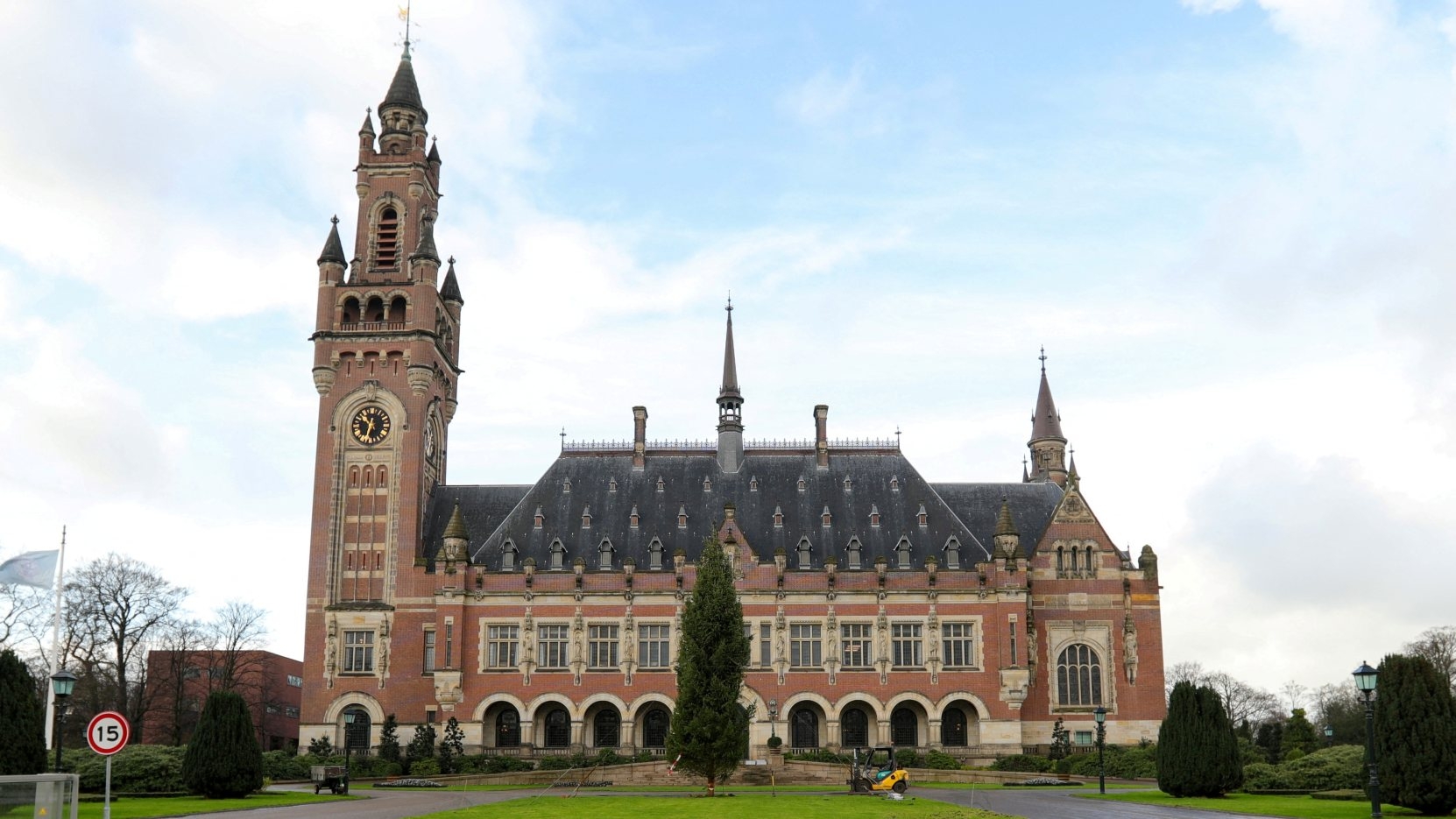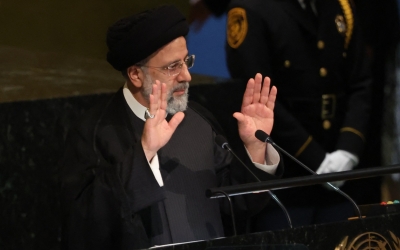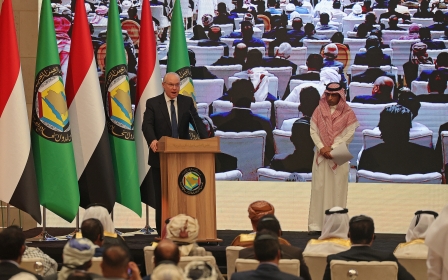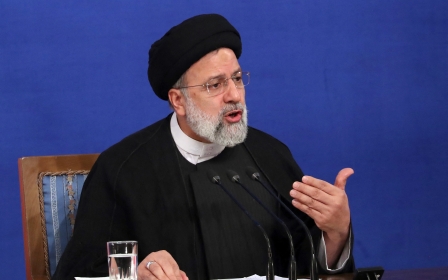US urges top UN court to dismiss Iran's frozen assets claim

The United States has asked the International Court of Justice (ICJ) to dismiss a case by Iran which claims that Washington breached a treaty and allowed courts to freeze assets of Iranian companies.
"Iran's case should be dismissed in its entirety because of the principle of 'unclean hands'," Richard Visek, acting legal adviser at the US State Department, said on Wednesday, as the US set out its opening arguments in the case at The Hague.
In using the legal term "unclean hands", Visek argued that Tehran cannot complain about US courts confiscating assets because the actions that led to the asset freeze were the result of Iran's own illegal conduct.
Iran first brought the case against Washington in 2016, accusing it of breaching a 1955 friendship treaty by allowing American courts to freeze assets of Iranian companies, including $1.75bn from Iran's central bank which is now held in a Citibank account in New York.
The friendship treaty was signed decades before Iran's 1979 Islamic Revolution, which toppled US-backed Shah Mohammad Reza Pahlavi. The revolution led to the severing of US-Iranian relations and Washington eventually withdrew from the treaty in 2018.
In October 1983, a suicide bomber in a truck loaded with military-grade explosives attacked US Marine barracks in Beirut, killing 241 American troops and 58 French soldiers. Iran has long denied being involved. However, in 2003 a US judge found Tehran responsible and a 2012 US law ordered Iran's central bank to hand over the frozen Iranian assets to the families of those killed in the Beirut bombing.
In 2019, the International Court of Justice ruled it had jurisdiction to hear the case, rejecting an argument from the US that its national security interests superseded the 1955 treaty.
"The freedom of navigation and commerce guaranteed by the treaty have been gravely breached," Tavakol Habibzadeh, head of international legal affairs for Iran, told the ICJ on Monday, as reported by the Associated Press.
Iran's case against the UK
The ICJ, also known as the World Court, is the UN's highest court dealing with disputes between countries.
While its rulings are binding, the court has no power to enforce them, and Washington and Tehran are among a number of countries to have disregarded its decisions in the past.
Iran had previously brought up another case with the ICJ when it called on the United Kingdom to pay more than $500m in debt to Tehran from before the Iranian revolution.
Shortly before the 1979 overthrow of the shah, the British government struck an arms deal to sell more than 1,500 Chieftain tanks and 250 repair vehicles to Iran.
Iran paid £600m ($795m) for the tanks in advance, but having delivered only 185 tanks, Britain refused to deliver the remaining equipment when the shah was deposed.
The international court of arbitration in The Hague ordered Britain to pay the debt in 2001, a ruling upheld in 2009. However, the two countries have been locked in a prolonged legal battle in the British courts over the exact sum owed, and whether or not the UK should pay interest on it.
In 2017, Iran also filed a lawsuit at the ICJ demanding the court order the suspension of renewed US sanctions, which it says are devastating its economy.
Middle East Eye delivers independent and unrivalled coverage and analysis of the Middle East, North Africa and beyond. To learn more about republishing this content and the associated fees, please fill out this form. More about MEE can be found here.






